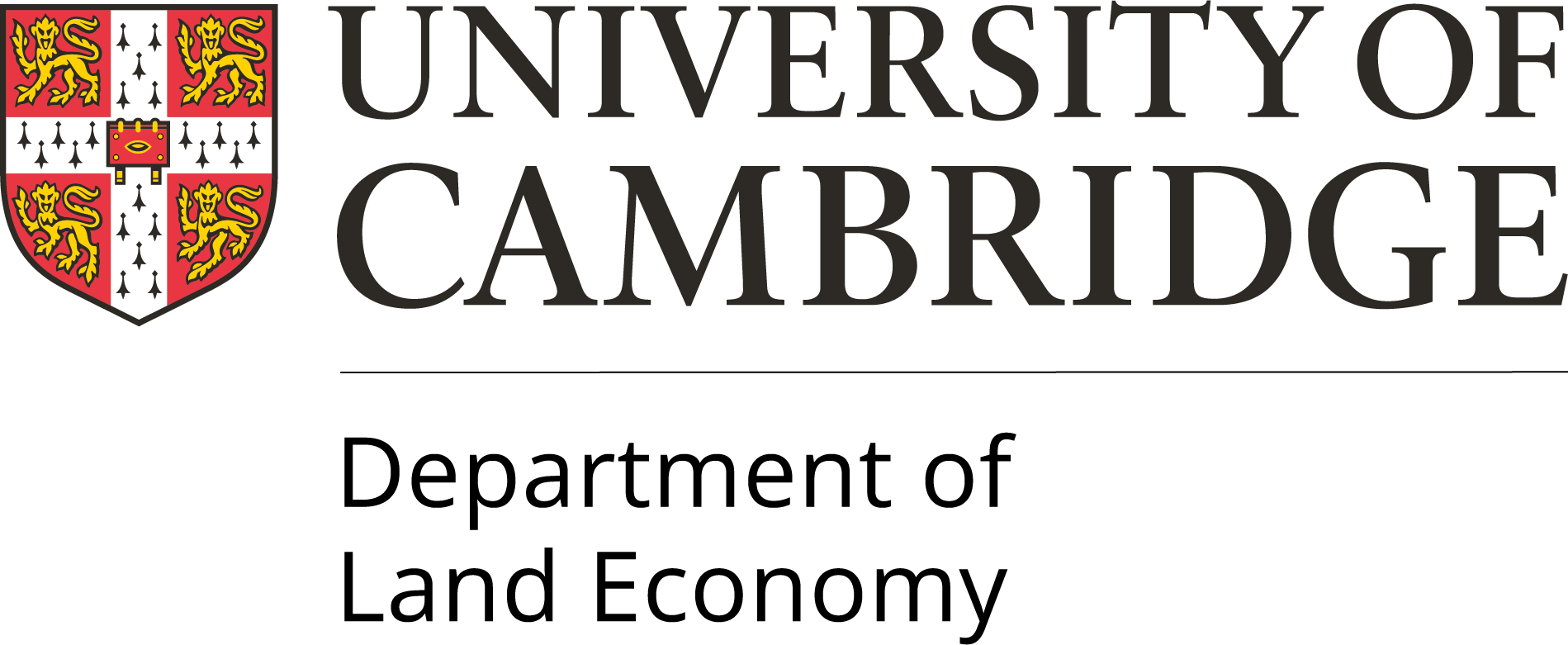Academic profile
|
Dr Stefania Fiorentino's research focuses on the intersection of urban planning and local economic development to identify more inclusive and innovative regeneration strategies. Stefania’s research is highly impact-driven and directly engages with policymakers. She looks at urban and regional transformations and the way economic shifts produce changes in the demand, supply, and experience of spaces; recent research projects include work on the business and governance of densification strategies, the evolution of working spaces, industrial clusters and the geography of innovation, the regeneration of coastal towns and planning for regional inequalities. Stefania is also a fellow of Downing College (Cambridge), and an honorary lecturer at the Bartlett School of Planning, University College London (UCL). Before coming to Cambridge in 2020, she extensively lectured and led research on different topics cutting across the fields of urban planning, economic geography, and urban regeneration between the Bartlett (UCL) and London South Bank University (LSBU). She holds a PhD in Planning Studies from the Bartlett School of Planning (UCL). Her work has been published in several leading international journals and media outlets. She serves on several editorial boards, including the Cambridge Journal of Regions Economy and Society, and the Journal of Property Investment and Finance. She is an active member of several learned societies and she currently sits on the board of the Regional Studies Association (RSA) and regularly acts as a blind reviewer for international academic journals and grant funders. Given the international and comparative nature of her research, she is regularly invited to deliver guest lectures, keynotes, and research visits (e.g., University of Toronto, Politecnico di Milano, Chinese University of Hong Kong, etc.). Before becoming an academic, Dr Stefania Fiorentino trained as a chartered engineer and she has worked in international consultancies across Italy, France and the UK with leading expertise in the fields of real estate, urban planning and economic development. As an academic she keeps contributing to consultancy, thought leadership, and influencing policy-making, acting as an external expert for bodies like the EU Commission or the House of Lords. |
Teaching
|
Tripos in Land Economy Paper 14: Planning policy and practice (module coordinator and convenor) MPhil in Planning Growth and Urban Regeneration PGR01: Urban and Environmental Planning PGR02: Urban and Housing Policy DRDS: Dissertation, Research Design and Structure (session on qualitative research methods) Stefania is accepting applications for PhD students under her supervision. |
Research interests
|
Dr Stefania Fiorentino’s research focuses on urban and regional transformations. She investigates the way major economic shifts and external disruptions have impact on the demand for and the use of space, and the public policy that we need to foster more inclusive and resilient regeneration strategies. Dr Stefania Fiorentino holds a PhD in Planning Studies from the Bartlett School of Planning (UCL) where she has investigated the new geography of innovation in Italy, including the underlining socio-economic dynamics and the governance implications of the new workspaces and entrepreneurial ecosystems. Her interdisciplinary research experience includes projects on regional inequalities, the geography of innovation, urban agglomeration and densification strategies, and more recently the impacts of grand challenges like Covid-19 and climate change on different global cities and coastal regions. All her projects are aimed at formulating recommendations for future public policies that can address the multiple grand challenges of our time. She does that by disentangling the link between the governance, the spatial and socio-economic constraints, and the emerging environmental challenges offered to local and regional development processes. She has a great expertise of both the UK and other international planning systems, and of international comparative planning and local economic development policy and practices. For the nature of her research, she directly engages with policy makers, and she is regularly consulted by a variety of other governmental bodies and think-tanks, including the European Union (EU) Commission. |
Publications
|
Journal Articles:
Book chapters:
Book Reviews:
Editorials:
Policy Papers & Briefings
|
Category/Classification
|
urban planning urban regeneration public policy economic geography local economic development urban and regional transformations |

